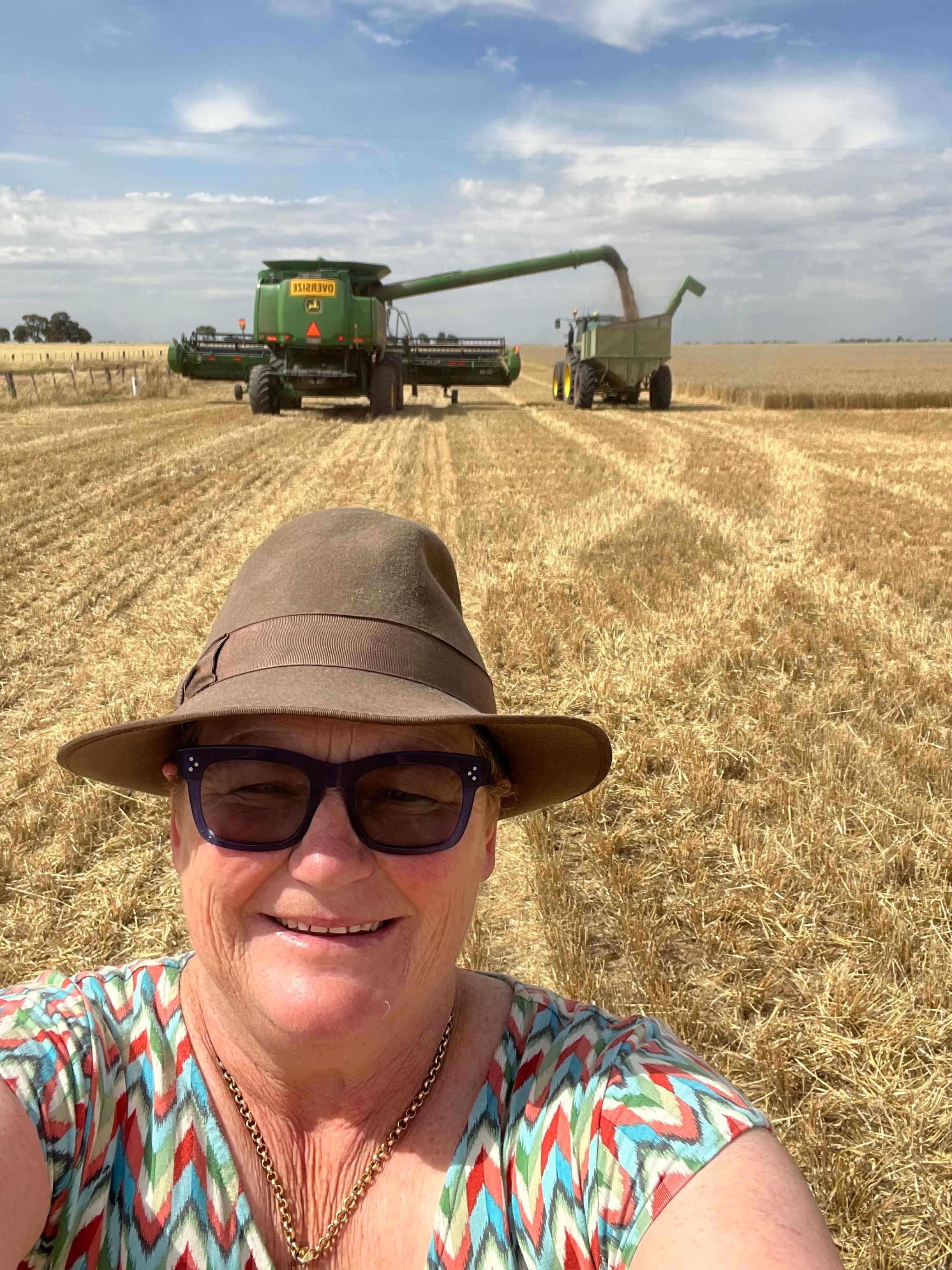We have a smallholding of 116ha, and we grow crops in conjunction with a local farmer (a share farming arrangement). We have a basic rotation of vetch, hay, canola, wheat, barley. Our soil is a mix of red and grey clay.
Right now, we are a few days away from harvest. Once the share farmers finish their canola, our barley will be next. It will be after the rain. It's hard to begrudge the rain when so many desperately need it. In general, we are in a clay loam soil type and variable rainfall climate, so the biggest challenge in our paddock is managing the soil constraints and inputs to match the rainfall.
They're not making any more land so it’s terrific that land makes us money while we sleep. The continuous potential for revenue growth each year hinges on getting the equation right, aligning with the rainfall. Achieving that balance becomes the driving force behind everything else in our farming journey.
I’m proud to be an Aussie grain grower because we are good at it, and particularly because being a grower in my own right has come late in my career. We bought our property in my early 50s – being able to buy land in my own right is something I’m very proud of.
I was really honoured to be asked to participate in Grains100. Even at my age, there’s still so much you can learn about yourself, and I think it is really valuable to increase our self-awareness. My cohort have remained connected, and we chat regularly and support each other. I’m going to WA in a couple of weeks, and a few of us are all catching up.
There are always going to be challenges; there’s a new one every week. Success in agriculture thrives on navigating these constant challenges, with the key insight that impactful change often arises from our own efforts rather than external factors. The crux of our prosperity lies in seizing local opportunities and managing personal risks. In my extensive consulting experience with farmers, the most prosperous are those who concentrate on maximising their unique possibilities and effectively mitigating their individual risks.

